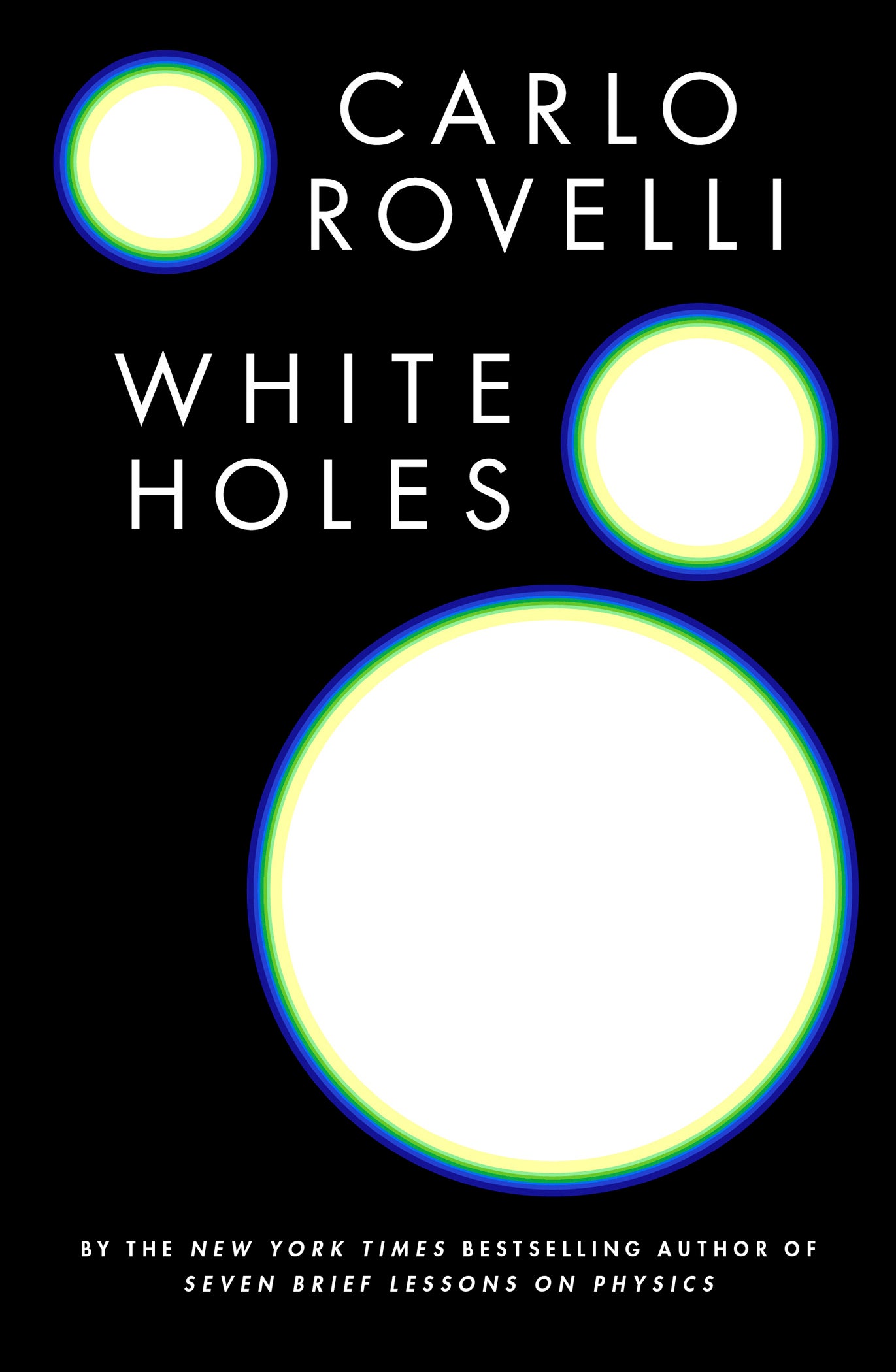Book Review: 'White Holes' by Carlo Rovelli reads more like poetry than science lesson
Theoretical astrophysicist Carlo Rovelli takes readers on a journey to the hypothetical inverse of black holes in his latest book, “White Holes.”

It doesn't take a degree in astrophysics or expertise on Albert Einstein to appreciate “White Holes,” theoretical physicist Carlo Rovelli's latest book. But brushing up on Dante Alighieri's work might help.
Rovelli liberally sprinkles quotes from Dante throughout his slim book exploring the hypothesis that black holes eventually transform into an inverse white hole. It's fitting for a book that says as much about imagination and exploration as it does about physics.
Oftentimes, Rovelli's book feels more like poetry than a science lesson as he explains black holes in striking detail and the theoretical concepts behind white holes.
Unlike black holes, there is no proof that white holes exist. There are no satellite images of them. As Rovelli describes them, white holes are another solution of Einstein's equation, “how a black hole would appear if we could film it and run the film in reverse.”
In the book, Rovelli says he keeps two readers in mind when he's writing — those who know nothing about physics that he can communicate to, and those who know everything but he can offer new perspectives.
That's why there are no equations to pore over as Rovelli explains the nature of black holes and how time and gravity operate differently in white holes. A handful of illustrations, however do help in walking readers through these concepts.
The book won't turn lay readers into an expert on white holes or theoretical physics. But Rovelli helps readers grasp how important imagination is to seeing the universe in new ways is, for both artists and scientists.
“Science and art are about the continual reorganization of our conceptual space, of what we call meaning," Rovelli writes.
___
AP book reviews: https://apnews.com/hub/book-reviews
Subscribe to Independent Premium to bookmark this article
Want to bookmark your favourite articles and stories to read or reference later? Start your Independent Premium subscription today.
